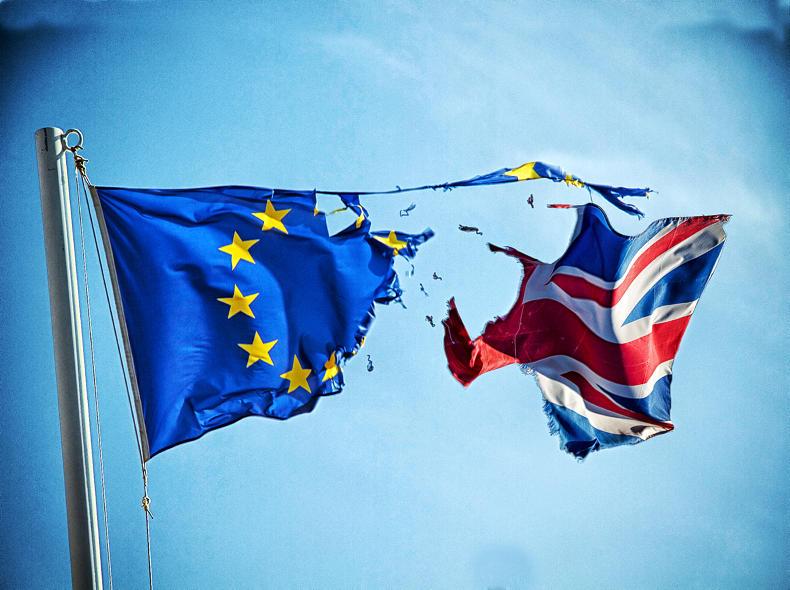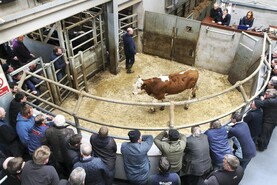After the drama of Monday and Friday last week in Brexit negotiations between the EU Commission and the UK on making sufficient progress, the EU heads of state signed off the phase one discussions in Brussels and agreed to move on to phase two. This came as no surprise because once the EU Commission president Jean Claude Junker and UK prime minister signed off the deal in Brussels a week ago, the other institutions were always likely to fall into line.
After the issues with the Irish border, the focus now is moving on to the substantive discussion of what a future trade deal will look like. This is the point where the big issue of how the UK reconciles its ambition to have freedom to deal as it likes with other third countries is matched with its ambition to retain access to the benefits of the EU.
The extreme position of having cake and eating it will be put to the test and the sounds from Brussels have been consistent on this from before the referendum. All of the key personalities have, in different language, said that no future relationship with the EU can or will be as favourable as it was when being member.
Ambition
For Irish farmers, the ambition is to keep things as close to what they are at present as is possible. That is the understanding that is taken from the phase one agreement that commits to continued alignment with EU standards. The problem with this is that if the UK keeps aligned with the EU, it loses some if not all of the flexibility to pursue its own trade deals.
That is the debate that has still to take place properly in the UK and the loss of a vote in parliament by the prime minister this week suggests that the real talking is about to begin within the UK as much as between the UK and EU.
The UK and the government itself will now have to take a definitive position on shaping the future. The PM has worked hard to keep all shades of opinion on the type of Brexit to pursue in harmony but the reality is that something has to give.
Simple
The choice is simple. If the UK aligns with the EU in a new customs arrangement (whatever its name, and it definitely wont be called a “customs union”), it will curb the ambitions of those that want to negotiate third country deals.
For people including most of industry and commerce, that is not an issue and there is a preference to leave the EU in a way that keeps as close a trading arrangement as possible. Irish farmers aren’t unique in this ambition.
Read more
Full coverage: Brexit
After the drama of Monday and Friday last week in Brexit negotiations between the EU Commission and the UK on making sufficient progress, the EU heads of state signed off the phase one discussions in Brussels and agreed to move on to phase two. This came as no surprise because once the EU Commission president Jean Claude Junker and UK prime minister signed off the deal in Brussels a week ago, the other institutions were always likely to fall into line.
After the issues with the Irish border, the focus now is moving on to the substantive discussion of what a future trade deal will look like. This is the point where the big issue of how the UK reconciles its ambition to have freedom to deal as it likes with other third countries is matched with its ambition to retain access to the benefits of the EU.
The extreme position of having cake and eating it will be put to the test and the sounds from Brussels have been consistent on this from before the referendum. All of the key personalities have, in different language, said that no future relationship with the EU can or will be as favourable as it was when being member.
Ambition
For Irish farmers, the ambition is to keep things as close to what they are at present as is possible. That is the understanding that is taken from the phase one agreement that commits to continued alignment with EU standards. The problem with this is that if the UK keeps aligned with the EU, it loses some if not all of the flexibility to pursue its own trade deals.
That is the debate that has still to take place properly in the UK and the loss of a vote in parliament by the prime minister this week suggests that the real talking is about to begin within the UK as much as between the UK and EU.
The UK and the government itself will now have to take a definitive position on shaping the future. The PM has worked hard to keep all shades of opinion on the type of Brexit to pursue in harmony but the reality is that something has to give.
Simple
The choice is simple. If the UK aligns with the EU in a new customs arrangement (whatever its name, and it definitely wont be called a “customs union”), it will curb the ambitions of those that want to negotiate third country deals.
For people including most of industry and commerce, that is not an issue and there is a preference to leave the EU in a way that keeps as close a trading arrangement as possible. Irish farmers aren’t unique in this ambition.
Read more
Full coverage: Brexit






 This is a subscriber-only article
This is a subscriber-only article










SHARING OPTIONS: